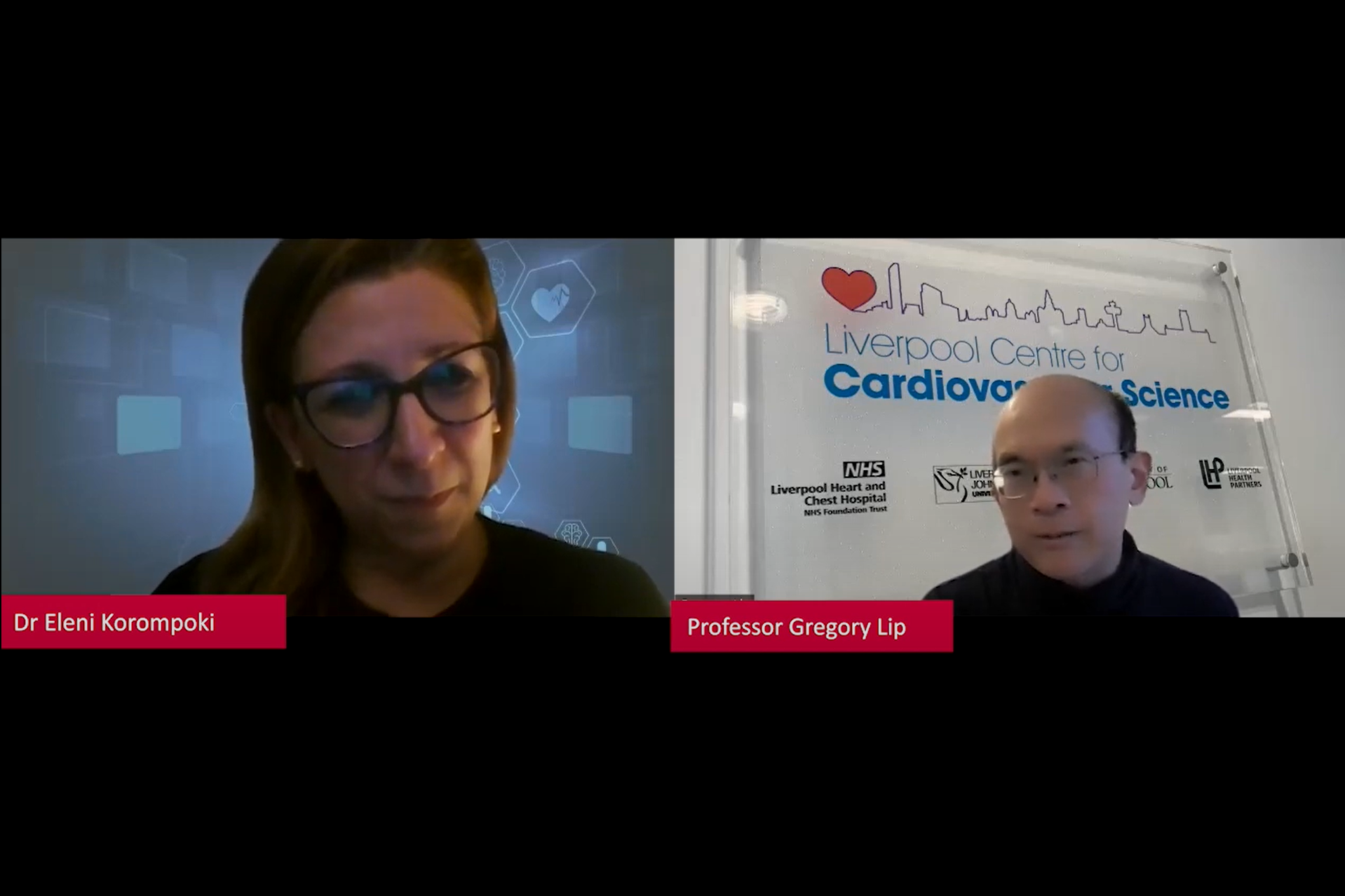
The best way to prevent further stroke in intracerebral haemorrhage (ICH) survivors with atrial fibrillation (AF) continues to be an area of uncertainty for clinicians.
Left atrial appendage occlusion (LAAO) is considered an alternative treatment option to anticoagulants for these patients.
However, ICH survivors with AF have historically been excluded from randomised controlled trials about LAAO, meaning there is only limited evidence from observational studies regarding its role in treating this high-risk patient population.
In this interview, Dr Eleni Korompoki and Professor Gregory Lip discuss the evidence behind LAAO for ICH survivors with AF, and what the right course of action might be for these patients.
Watch their conversation on YouTube:
Or listen on SoundCloud:
After discussing with Professor Lip, Dr Korompoki summarises the take home messages as the following:
Use the following guide to direct yourself to different sections of the conversation:
00:00 – introduction
01:55 – could you please give us an overview of data supporting stroke prevention in patients with AF by LAAO?
04:27 – what are the strengths and limitations of available trials on LAAO?
07:29 – what about PRAGUE-17 that compares LAAO with direct oral anticoagulants?
09:20 – looking specifically at ICH patients with AF, what is the current evidence for stroke prevention using LAAO?
11:10 – what are the limitations of LAAO for these patients?
12:59 – what about anti-thrombotics post-LAAO?
13:55 – in your opinion, should stroke centres recommend participation in randomised controlled trials of anticoagulation vs no anticoagulation, or refer patients for LAAO?
15:39 – how many ICH patients with AF do you usually refer to LAAO? The majority or just a few?
16:58 – in conclusion, what is your current recommendation for stroke prevention for ICH patients with AF?
20:00 – take home messages
